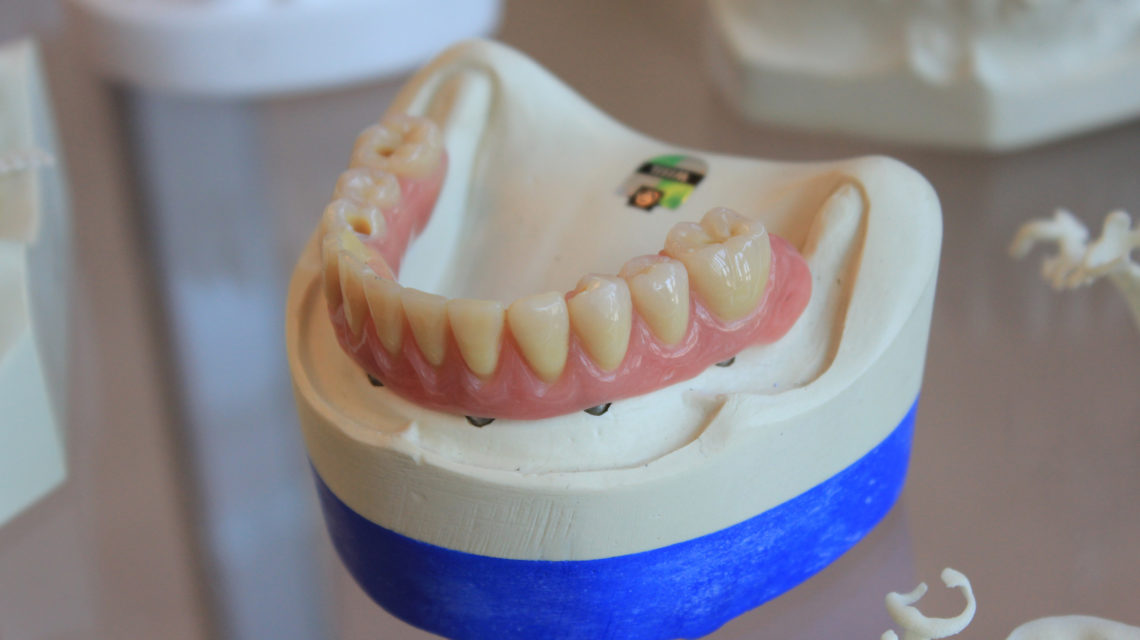When a permanent tooth falls out, it’s important to know how to respond to the situation. Dentists refer to tooth loss as a serious dental emergency because permanent teeth does not grow back like baby teeth does. If you don’t take the right steps, you may risk losing your tooth for good and deal with the new gap in your teeth. Almost 178 million people have lost at least one tooth during their adulthood and it’s something you’ll experience at some point in your life.
While tooth loss is inevitable, that doesn’t mean you should accept it for what it is. Here’s what you should do when a permanent tooth falls out. Should you require any further information aside from what is detailed below then get in touch with your leading Dentist in Joondalup for more information.
Respond immediately
If your tooth falls out, there’s a good chance it can be reimplanted back into your gums. You only have a one-hour window to reimplant your tooth so call an emergency dentist near you right away. While waiting for your emergency appointment, there are a couple of steps you should take to preserve the condition of your tooth and increase the chances of a successful replantation
- Pick up your dislodged tooth and hold it by the crown and not by the root.
- Rinse off the tooth with your saliva or milk before putting it back in the socket.
- Attempt to reimplant the tooth directly into the socket after rinsing it.
- Hold the tooth firmly in place by holding a gauze around the gums to minimise bleeding.
- If you’re unable to put your tooth back into place, soak it in milk until you arrive at the dentist’s office.
- Avoid soaking the tooth in water as this can damage the tooth. Make sure the tooth is moisturised with saliva and milk at all times.
Upon arrival at the dental clinic, the dentist will inspect the condition of your gums, disinfect the area, and begin reimplanting your tooth. The biggest concern is not about the success of reimplanting your tooth, but the potential of an infection in your gum or socket. If you notice severe pain or swelling after your emergency appointment, it’s best to contact your dentist immediately to check if you have a gum infection.
The dentist will prescribe anti-inflammatory medication to relieve the swelling and ease your symptoms. Additionally, a cold compress can also relieve pain associated with the reimplanting. Use an ice pack wrapped in cloth and place it against the affected area for around 3-5 minutes.
Keep in mind that only permanent adult teeth can be reimplanted. If a child has their deciduous tooth (milk tooth) knocked out prematurely, their permanent teeth will grow and replace it. Attempting to reimplant the tooth now will only cause damage to the permanent tooth. It’s still important to go to an emergency dentist if a child’s tooth falls off to ensure they don’t develop any gum infection.
Causes of your tooth falling out
There are a number of reasons why a permanent tooth might fall out. Some you can avoid, and some you can’t. Here are the most common causes of dislodged tooth in adults:
- Trauma, injury, or accidents involving your face, gums and teeth. Major trauma on the mouth can cause teeth to get knocked off. For example, you got hit in the mouth during a sparring practice and you’re not wearing a mouthguard. Another example is you tripped and your teeth the ground. The excessive force can immediately dislodge permanent teeth and can even damage the tooth’s structure.
- Poor oral hygiene. If you don’t practice good oral habits, you’re at risk of losing permanent teeth. Bacteria in the gums can destabilise your tooth and loosen its grip. This can happen on multiple teeth and if you aren’t visiting the dentist for at least twice a year, you’re at a greater risk of losing several teeth.
- Tooth decay. Tooth decay can occur due to dietary choices and poor dental care. This compromises the structural integrity of your teeth contribute to tooth loss. While fillings and crowns can repair early signs of tooth decay, the more severe ones may need root canal (or in the worst case, a tooth extraction).
- External factors like smoking. Genetics can play an impact in tooth loss. Men over the age of 35 are at a greater risk of developing periodontal disease than other groups, especially if they are heavy smokers. Smoking contributes to gum disease and eventually tooth loss in severe cases.
Losing a permanent tooth is a dental emergency and you should treat it as such. Contact an emergency dentist right away and follow these tips to ensure your tooth is successfully reimplanted. Handle your tooth with care and always practice good oral hygiene to minimise the risk of tooth loss. This includes brushing, flossing, and regular checkups to the dental clinic at least twice a year.

